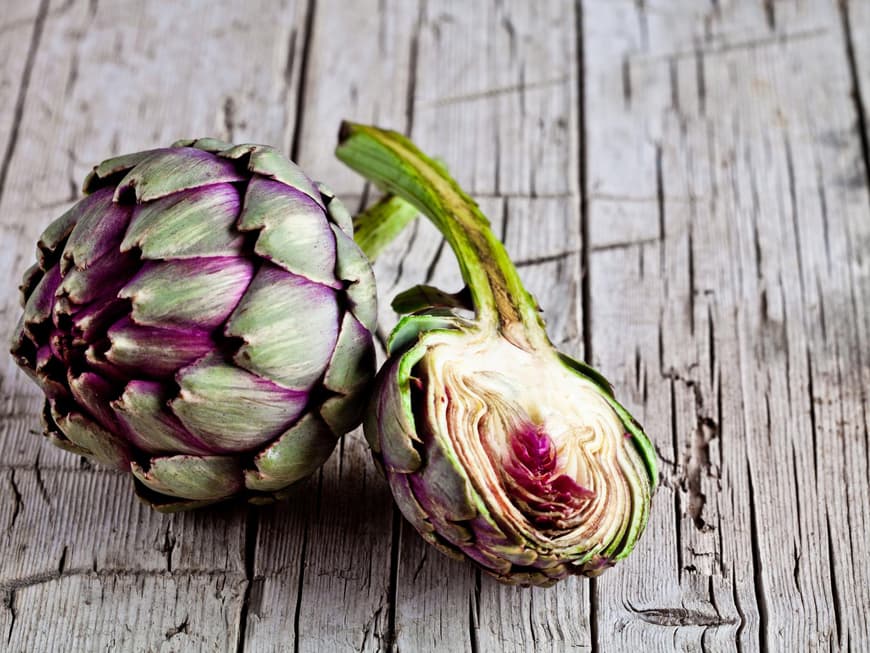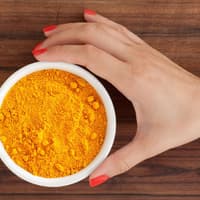
Bitter substances As their name suggests, they taste bitter, but they are super healthy. Artichokes contain a lot of cynarin. This bitter substance stimulates the metabolism of the liver and bile and thus regulates digestion. Artichokes are great to eat as a starter as they stimulate the appetite. Cholesterol Artichokes reduce triglycerides in the blood and thus lower high cholesterol levels. They reduce the bad cholesterol LDL (it accumulates on the blood vessel walls) and increase the HDL, the good cholesterol (it transports the bad cholesterol away again).
Vitamins The pretty vegetable is also recommended for losing weight. This is because they contain a lot of fiber - which in turn is good for digestion and the intestines. According to the German Nutrition Society, they contain a lot of water, few carbohydrates and are fat-free. The artichoke, on the other hand, is rich in potassium, calcium, magnesium, iron, copper and manganese. It also has a high proportion of carotenoids, which attack and destroy free radicals in the body. Its carbohydrate inulin is also suitable for diabetics.
Good for the bladder The vegetable also has a diuretic and anti-inflammatory effect, for example in the case of cystitis. Suck out the leaf tips of the bud and then eat the base - but only cooked. It is best to cook the whole bud in lemon water for 15 minutes.






